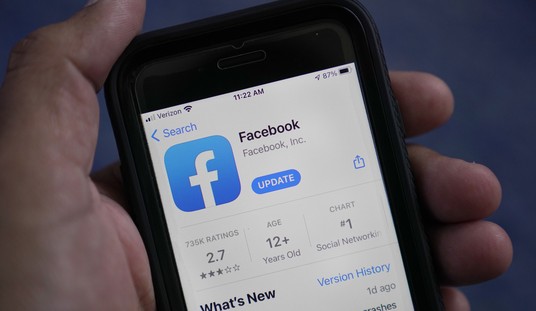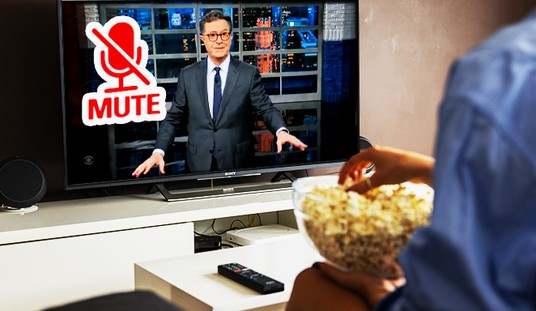Advertisement
Would you really like to live in a society that sets a minimum wage for all -- and so discourages businesses from hiring workers because they can no longer afford to pay them the mandatory wage? In such a system, no wonder jobs for beginners grow scarce.
Also, the minimum wage has this way of becoming the maximum wage. For a society cannot put a floor under wages without the risk of making it the ceiling, too.
Would you really like to live in a society without the rich because all must be equal? A society without rich patrons of the arts, for example, or inventors and investors who've struck it rich and so can afford to provide jobs for the rest of us. And buy the goods and services we provide.
Would you really like to live in a society in which you have no incentive to grow rich yourself because all must remain equal? Which means taxes must be set accordingly. So some of us won't rise too far above our neighbors. To ensure that we don't, enact confiscatory income taxes. Or a heavy estate tax, aka the death tax.
How about a society in which all are equal before the law? Would you be in favor of that kind of equality? Of course you would. Indeed, that was the original meaning of equality and one well worth restoring. But that meaning now has been changed --impoverished, you might say -- until now it means only a material equality, not a legal one. Even though a diversity of ideas, origins and, yes, incomes does not weaken our society but strengthens and enhances it. Because it opens up a society to different ways of thinking, acting and earning.
Recommended
Advertisement
Yet some of our leading or at least loudest politicians have taken to railing against inequality. It's become the grievance du jour. Hillary Clinton, Barack Obama and demagogues aplenty preach against inequality as if they've just discovered it, and are shocked -- shocked! And they vow to stamp it out. They feel no need to mention that, in order for everyone to be equal, at least in the material sense, no one must be allowed to have more than his neighbor. When that policy is put into effect, the practical result is that all remain equally poor. That isn't justice; it's envy in action.
Alexis de Tocqueville, our prescient French visitor a couple of centuries ago, described both the promise and danger of "Democracy in America," the title of his two-volume masterwork. He warned against what he called democratic despotism -- the leveling instinct that produces a uniform, egalitarian society in which the arts, for example, would perish. And not just the arts. As he put it:
"Not only would a democratic people of this kind show neither aptitude nor taste for science, literature, or art, but it would probably never arrive at the possession of them. The law of descent would of itself provide for the destruction of large fortunes at each succeeding generation, and no new fortunes would be acquired. The poor man, without either knowledge or freedom, would not so much as conceive the idea of raising himself to wealth; and the rich man would allow himself to be degraded to poverty, without a notion of self-defense. Between these two members of the community complete and invincible equality would soon be established. No one would then have time or taste to devote himself to the pursuits or pleasures of the intellect, but all men would remain paralyzed in a state of common ignorance and equal servitude."
Advertisement
Churchill said it: "The inherent vice of capitalism is the unequal sharing of blessings; the inherent virtue of socialism is the equal sharing of miseries." When she came along, Margaret Thatcher, the Iron Lady herself, would elaborate on his point: "The statists are making a big issue out of income inequality, hoping to convince ordinary Americans that redistribution is their only hope for a better life. ... (T)his is horribly misguided because it falsely assumes the economy is a fixed pie. Simply stated, it doesn't make sense -- or help anybody -- if inequality is reduced by policies that hurt everyone...."
Or would you really prefer to live in a society that, in its zeal for equality, has forgotten equity? Would you really like to live in such a society, barren of individual distinction and attainment and the wealth they produce for all, because its goal has become equality, not freedom or excellence?
Think about it. Too many of us don't.

























Join the conversation as a VIP Member